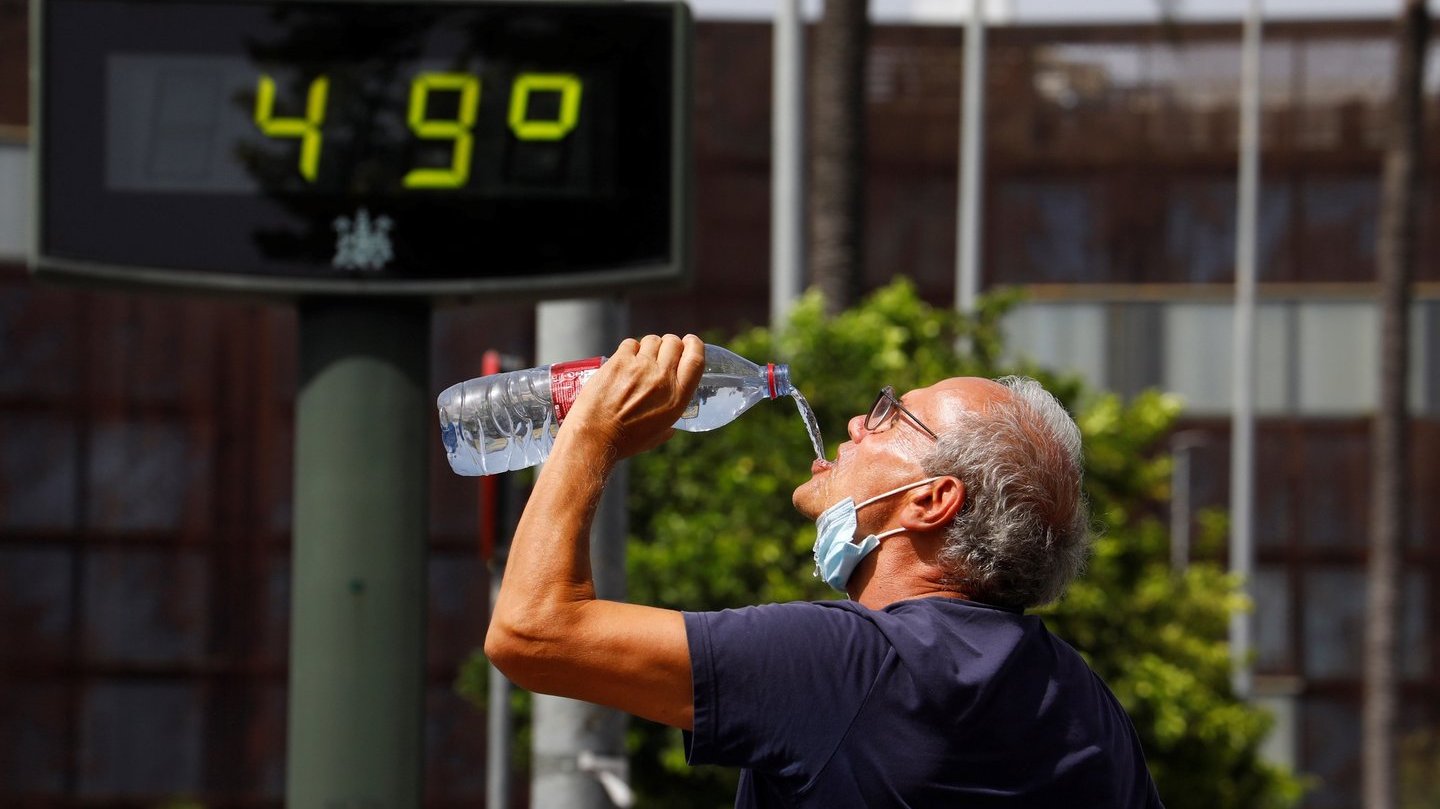Last month was one of the hottest Julys ever recorded in the world, according to the World Meteorological Organization (WMO), a specialized agency of the United Nations (UN) based in Geneva.
The world has just experienced one of the three hottest July months on record. And of course, as we all know, a very long and intense heat wave has hit parts of Europe,” WMO spokeswoman Clare Nullis told a news conference.
In a statement, the WMO, citing data from the Copernicus Climate Change Monitoring Service, said last month had been slightly cooler than July 2019, but slightly warmer than July 2016.
“But the difference between these three months is really very small,” said Clare Nullis. “The difference is less than the margin of error.”
Globally, the temperature last month was 0.4°C warmer than the temperature recorded in July in the reference period 1991-2020.
This despite the presence of the natural phenomenon “La Niña”, which, according to the WMO, “should have a cooling effect”.
Last month, the WMO called for an “awareness” of policy makers about heat waves like the one currently taking place in Europe, which are expected to become more frequent due to climate changeat least until the 2060s.
According to the WMO, July 2022 fell short of the top of the podium as parts of the world experienced below-average temperatures in the western Indian Ocean, from the Horn of Africa to southern India, across much of Asia. Like most of Australia.
In addition to the heat, parts of the world are experiencing severe drought. According to the WMO, July was drier than average across much of Europe, most of North America, much of South America, Central Asia and Australia.
In Portugal, July was the hottest month in the last 92 years, with temperatures almost always above normal and with a record 47ºC in Pinhão, a new extreme for July on the continent.
The climate report for July published last week by the Instituto Português do Mar e da Atmosfera (IPMA) classifies the month of July 2022, in mainland Portugal, as extremely hot in relation to air temperature and very dry in relation to air temperature. precipitation.
Source: Observadora
